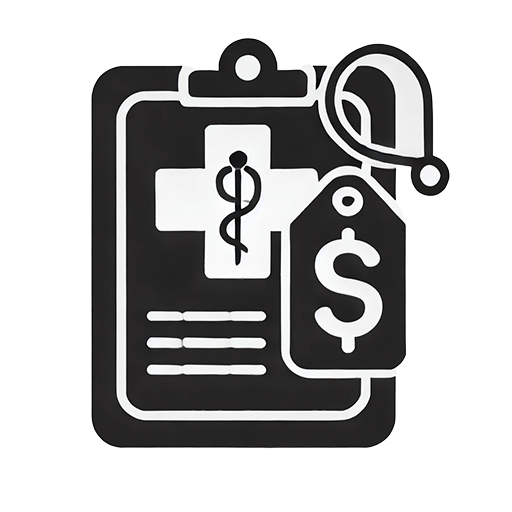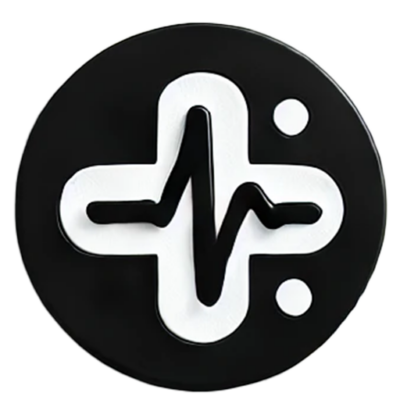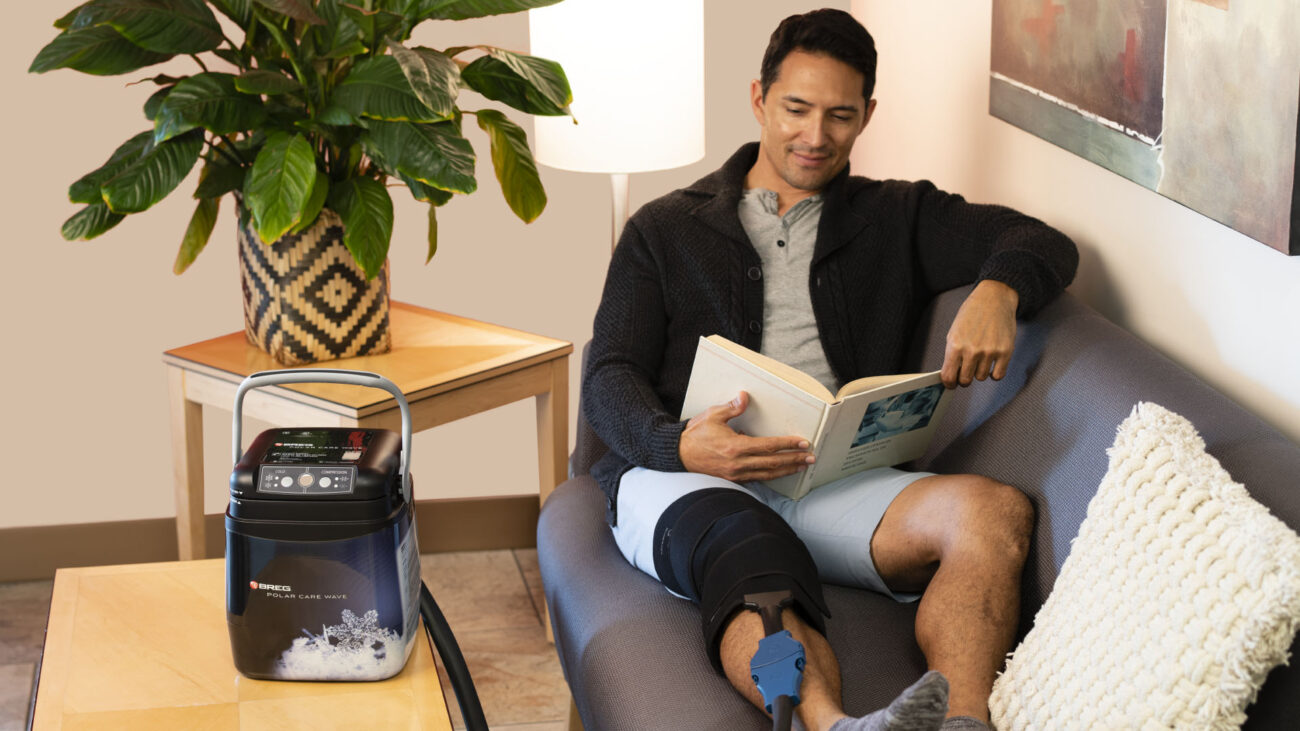
Bob & Brad Physical Therapists
Physio Exercise Products

Robin McKenzie
Treat Your Own Back & Lumbar Rolls

Freddy Kaltenborn
Manual Therapy

Ginger Garner
Education

Stacy Barrows
SmartRollers - Smart Somatic Solutions

Eric Franklin
Franklin Method Fitness Products

Brian Mulligan
Mulligan Manual Therapy & Belts

Lauren Roxburgh
Pilates, Yoga

Bill Landry
Male Pelvic Floor Rehab & Arthritis Care

Diane Lee
Pregnancy & Pelvic Support


 Ask A Question
Ask A Question
 Tax Exempt Shopping
Tax Exempt Shopping
 Get Clinical Pricing
Get Clinical Pricing
 Affiliate Program
Affiliate Program
 Retail Stores
Retail Stores
 Health Hub
Health Hub
 Shipping Policy
Shipping Policy
 Returns/Exchanges
Returns/Exchanges
 About Us
About Us
 Contact Us
Contact Us
 Login | Register
Login | Register




 BIOFLEX P120 Light Therapy System
BIOFLEX P120 Light Therapy System











Hopefully after reading this article you have a better understanding of why pain is not such a simple thing. It is a very complex process that involves all the major systems of the body and is not always visible to the naked eye. There may not be any broken bones, deformed joints, or apparent bleeding to indicate an obvious problem, but this does not mean that there is no pain.Managing chronic pain is a long-term struggle and although you may lose some of the battles, the goal is to the win the war. Thankfully, you don’t have to fight that war alone.
Joshua Lee, PhD, Registered Physiotherapist, is an aspiring clinician scientist that seeks to bridge the gap between biological mechanisms of pain and clinical rehabilitation. Drawing from his previous experiences in graduate biochemistry, science education, and cross-cultural teaching, he brings a more integrative approach to physiotherapy. As a licensed physiotherapist, he deals primarily with under served and marginalized populations In London, Ontario where he gains invaluable experience in delivering interdisciplinary care to those who need it. He can also be found lecturing from time to time on complex pain at Western University or anywhere else that will bother to hear him talk. Currently, he remains optimistic that his PhD in chronic pain will soon end, and allow him to bring the innovations from the bench to the bedside.